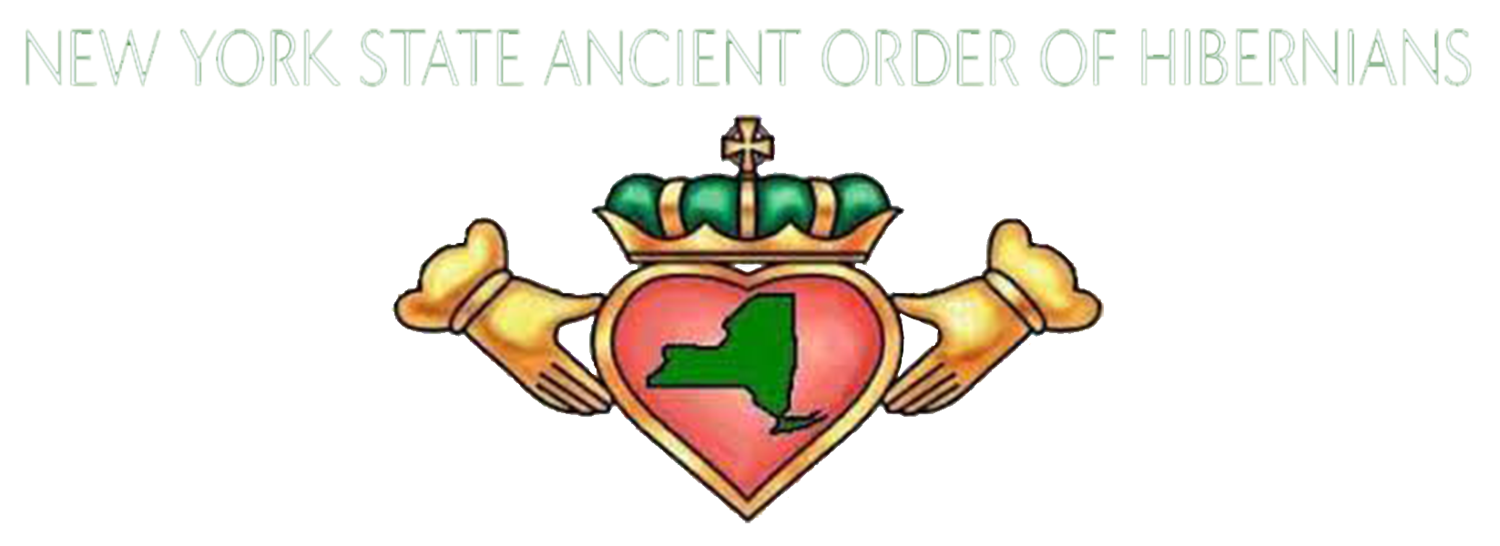Theobald Wolfe Tone the father of Irish Republicanism
Theobald Wolfe Tone was born on June 20, 1763, in Dublin. He was a leading Irish revolutionary figure and one of the founding members United Irishmen, a republican society determined to end British rule in Ireland. He was active in drawing Irish Catholics and Presbyterians together in the United cause, and in obtaining French assistance for an insurrection.
The United Irishmen were inspired by the revolutions in France and America to fight for an Ireland free from English rule where Catholics, Protestants, and dissenters could live together in peace. The Irish Rebellion of 1798 was organized by United Irishmen.
On May 24, 1798, 50,000 United Irishmen and 4,000 French soldiers faced over 100,000 British soldiers and Hessian mercenaries. By July 14th, with Wolfe Tone was still in France, the bulk of the fighting had ceased. Estimates of civilian deaths were as high as 50,000.
Wolfe Tone was successful in convincing the French to increase their support for the Rebellion. On 12 October 1798, a large French fleet consisting of 3,000 men, and including Wolfe Tone himself, landed in County Donegal. They were intercepted by a Royal Navy squadron and surrendered after a three-hour battle. Wolfe Tone was arrested.
At his trial on November 8th, 1798, Tone said:
“…To contend against British Tyranny, I have braved the fatigues and terrors of the field of battle; I have sacrificed my comfort, have courted poverty, have left my wife unprotected, and my children without a father. After all I have done for a sacred cause, death is no sacrifice. In such enterprises, everything depends on success: George Washington succeeded, and Kosciusko failed. I know my fate, but I neither ask for pardon nor do I complain. I admit openly all I have said, written, and done, and am prepared to meet the consequences. As, however, I occupy a high grade in the French army, I would request that the court, if they can, grant me the favor that I may die the death of a soldier…”
His request to be shot was denied and he was found guilty and sentenced to be hanged. Before the sentence was carried out, he took his own life by slitting his own throat.
Tone was adopted by the Young Ireland movement of the 1840s as an iconic figure, as the father of Irish republicanism and above religious divisions. In 1912 an annual commemoration march from Naas to Tone’s grave in Bodenstown was started by Tom Clarke, who was to be executed after the 1916 Rising. The march became a part of the folklore of Irish republican groups, with a new headstone placed on the grave in the 1940s. Every summer, Irish Republicans hold commemorations at Tone's grave.
Recently The Irish Times stated that Tone’s legacy will live forever because:
“In 1798 Tone sought self-determination for the Irish people on the basis of fraternity, equality and liberty. He sought to conquer nobody. His cause found support out of a legitimate sense of injustice amongst Irish people.”


